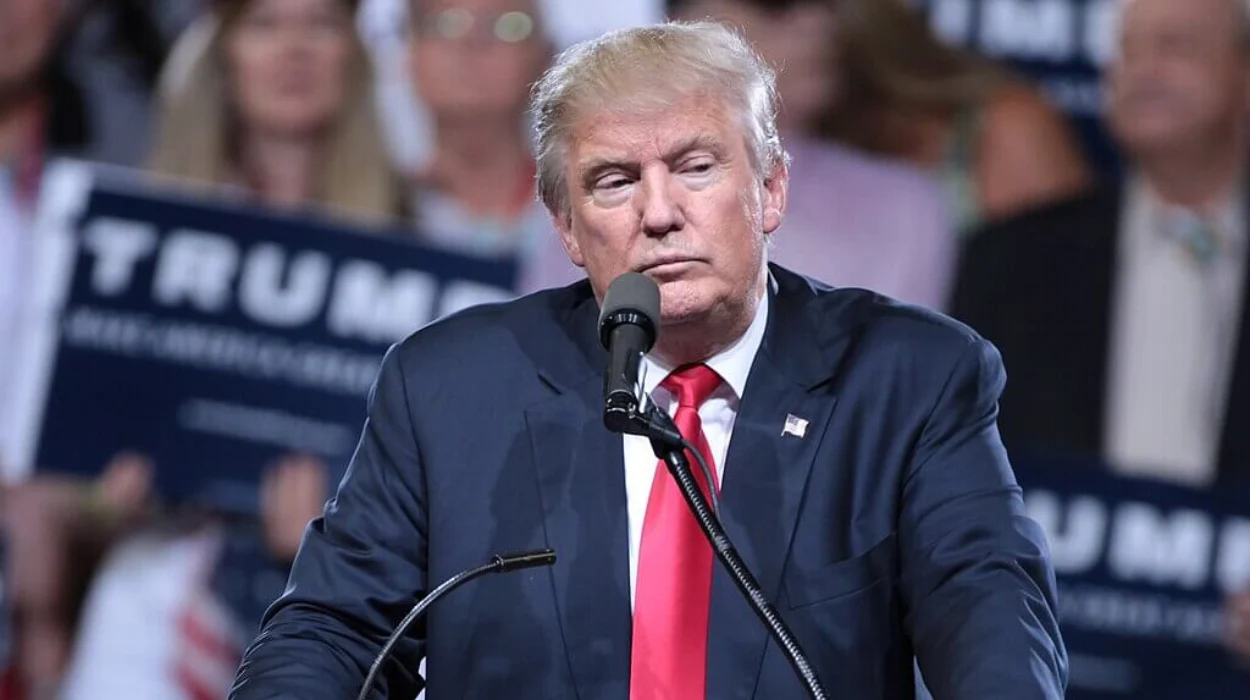U.S.(Washington Insider Magazine) – The U.S. presidential elections are of significant importance to Yemen, a nation deeply affected by conflict. Yemen, home to one of the most prominent non-state actors in the Middle East, the Iran-backed Houthi group, has seen its crisis worsen over the past decade. The Houthis control large parts of Yemen, including vital global maritime routes, which they have increasingly disrupted, exacerbating regional tensions.
A pivotal moment in the Houthi stance came when they pledged to retaliate against Israel in solidarity with Palestine, hijacking vessels they claim are linked to Israel. In response, the U.S. and the UK launched airstrikes against Houthi positions. Despite diplomatic efforts, including the Biden administration’s military operations in the region, tensions continue to rise.
During his presidency, Trump backed the Saudi-led coalition’s war on Yemen, vetoing efforts to cut U.S. support for Riyadh and labeling the Houthis a terrorist group. This designation was controversial, especially among humanitarian organizations, which feared it would worsen the humanitarian crisis. In contrast, the Biden administration lifted the designation, focusing instead on curbing Houthi military capabilities. However, the conflict’s intensity grew, particularly after the outbreak of war in Gaza, which halted peace efforts.
Should Trump return to office, Yemen’s future could be drastically altered. A second Trump presidency may lead to renewed U.S. support for Saudi Arabia’s military operations in Yemen, and the Houthis may be relisted as a terrorist group. This would not only worsen Yemen’s humanitarian situation but also exacerbate the regional instability caused by Iran’s influence over the Houthis.
Trump’s approach to Yemen contrasts with the more diplomatic efforts pursued by the Biden administration, including the UN-brokered ceasefire in 2022, which brought brief hope for peace. However, a lack of resolution over key issues, such as border security and economic matters, has kept peace talks stalled. The Biden administration’s strategy of weakening Houthi forces while supporting peace has faced challenges due to the Houthis’ growing military aggression.
A second Trump presidency would likely adopt a more aggressive military approach, potentially increasing U.S. involvement in Yemen’s ongoing proxy war. The U.S. has critical interests in Yemen due to its location along the Red Sea, a key global trade route. Attacks by the Houthis threaten regional stability and pose risks to American assets in the region, including military bases in Djibouti and Eritrea. Furthermore, groups like Al-Qaeda in the Arabian Peninsula (AQAP) continue to exploit Yemen’s instability, posing a direct threat to U.S. and allied interests.
U.S. policy has largely been reactive, but a bold, visionary strategy is needed. The next administration must prioritize diplomatic efforts to address the root causes of Yemen’s turmoil, as well as regional rivalries and proxy wars. Specifically, recognizing the connection between Houthi attacks and the Gaza conflict could be key in fostering peace. Additionally, supporting a unified Yemeni government and an inclusive peace process is vital to strengthen Yemen’s stability and sovereignty.


























